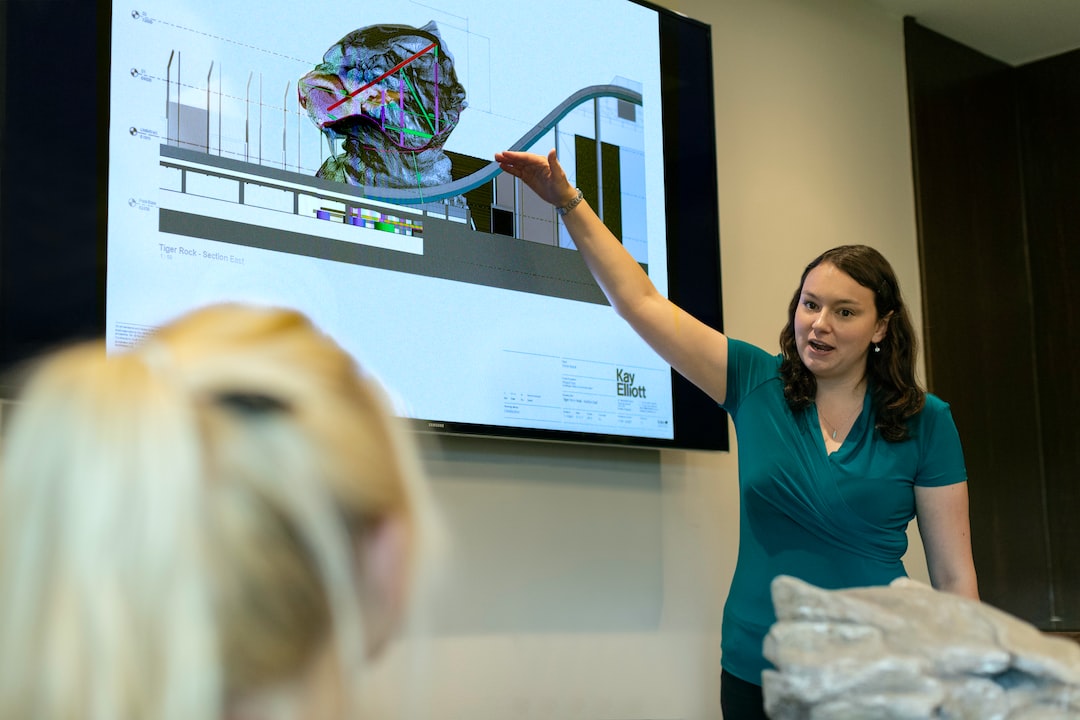Thermocouples are crucial for many industrial processes. They are used to measure temperature in different environments such as factories, laboratories, and power plants. The use of thermocouples in industrial settings is necessary because they are highly accurate, durable, and can withstand harsh conditions. Installing and maintaining thermocouples is a crucial aspect of industrial operations. In this article, we will discuss how to install and maintain thermocouples in your industrial environment.
Installation of Thermocouples
Before installing thermocouples in your industrial setting, it is essential to choose the right type of thermocouple. There are many types of thermocouples available, and the type that you choose should depend on the application. Some common types of thermocouples are Type J, Type K, Type T, and Type E. The selection of the type of thermocouple depends on factors such as the temperature range, accuracy, and the environment in which it will be used.
Once you have selected the appropriate thermocouple, the next step is to install it. The first step in the installation process is to identify the location where the thermocouple will be placed. It is important to ensure that the thermocouple is installed in a location where it will accurately represent the temperature of the environment being measured.
Before installation, it is essential to ensure that the surface is clean and free from any substances that may interfere with the measurement. The thermocouple should be installed using the appropriate method for the environment. For example, for corrosive environments, the thermocouple may need to be coated with a protective layer.
Maintenance of Thermocouples
To ensure that thermocouples continue to provide accurate measurements, regular maintenance is essential. Some tips for maintaining thermocouples in an industrial environment include:
1. Regular calibration – Calibrating thermocouples regularly ensures that they are providing accurate measurements. Calibration should be done at least once a year.
2. Protection – Thermocouples should be protected from environmental factors such as moisture, dust, and chemicals. Protection may be achieved through the use of protective coatings or housing.
3. Inspection – Regular inspection of thermocouples is important to identify any damage or wear and tear that may affect their functionality.
4. Replacement – Over time, thermocouples may become damaged or worn out. They should be replaced when they begin to malfunction.
Conclusion
Thermocouples are essential components of industrial processes. The installation and maintenance of thermocouples are critical for ensuring that they provide accurate measurements and continue to work correctly. When installing thermocouples, it is important to select the appropriate type and ensure that they are properly installed. Regular maintenance, including calibration, protection, inspection, and replacement, will ensure that thermocouples continue to function properly and provide accurate measurements. By following these tips, industrial operators can ensure that thermocouples provide reliable temperature measurements for their processes. termocuple industriale can be instrumental in monitoring temperature in industrial settings.

